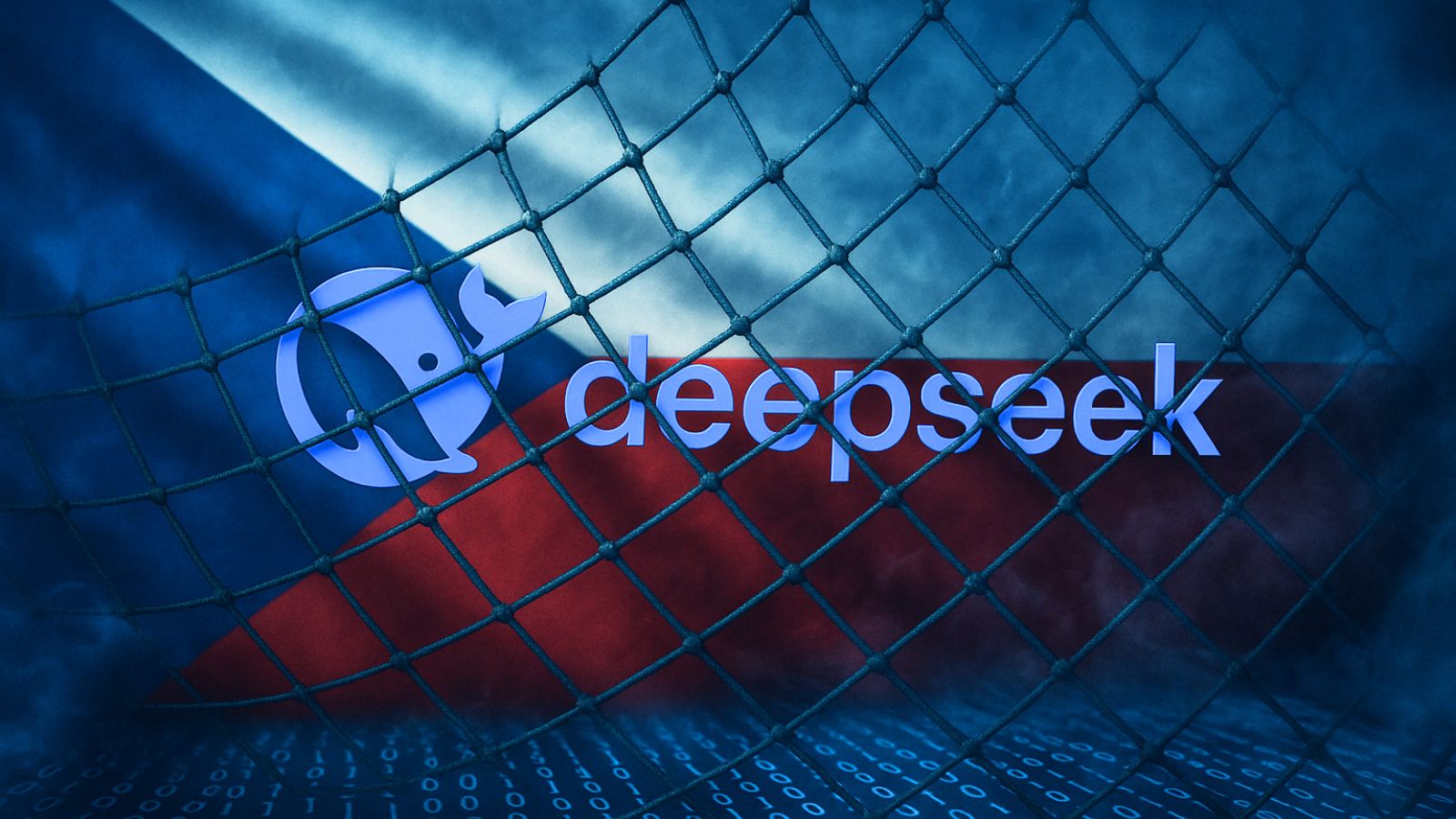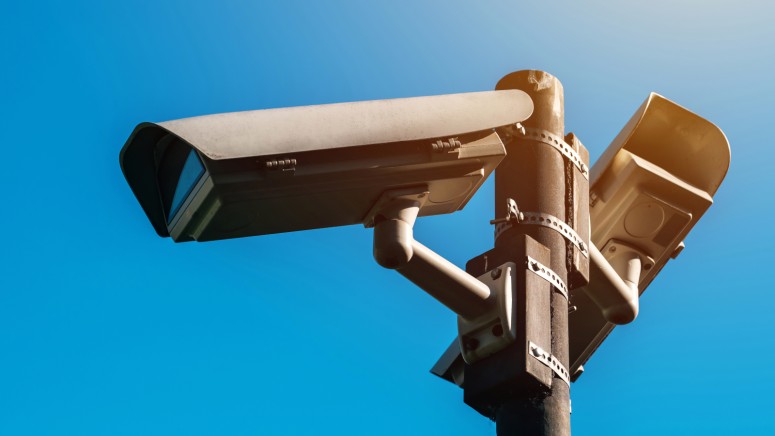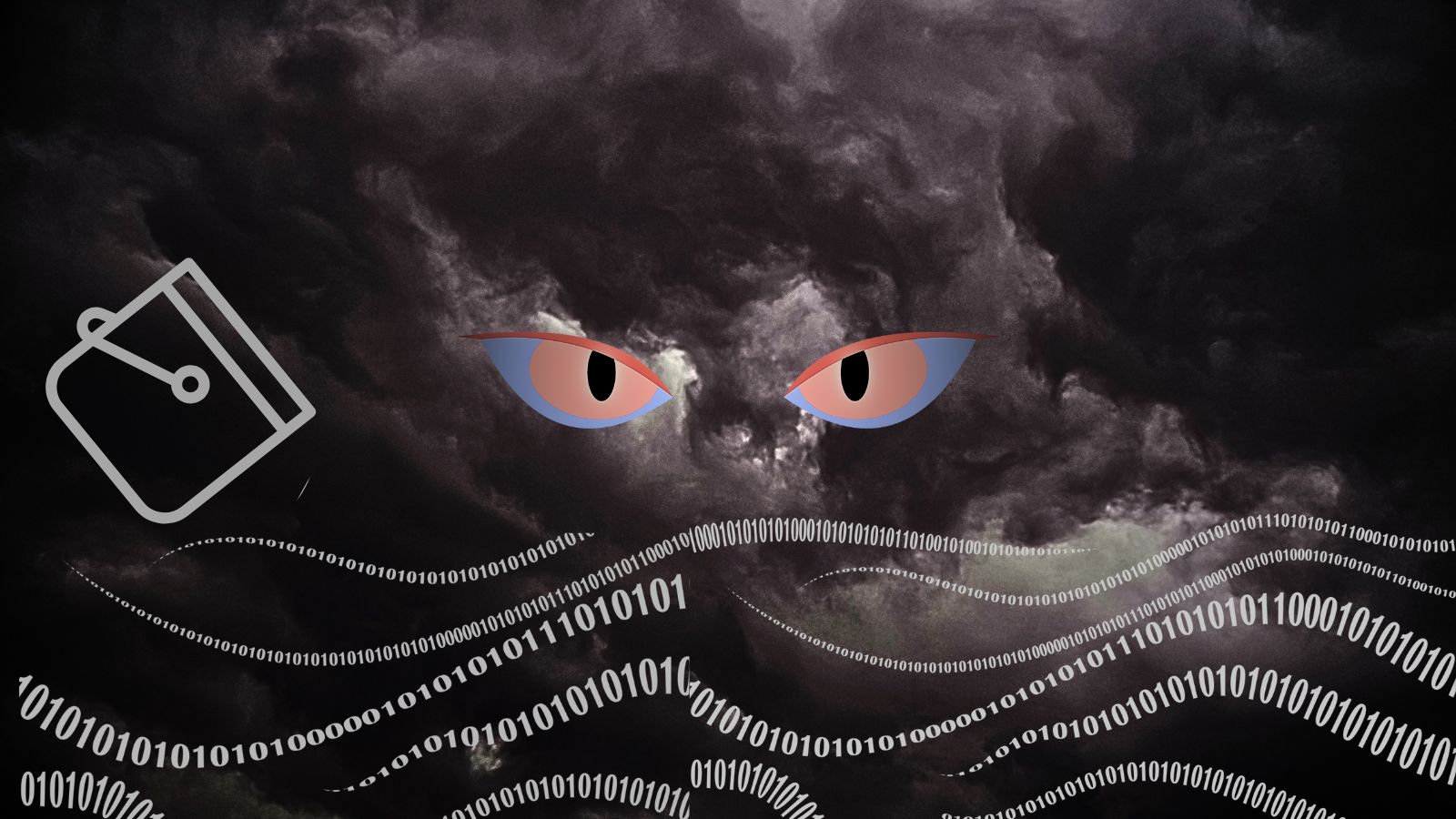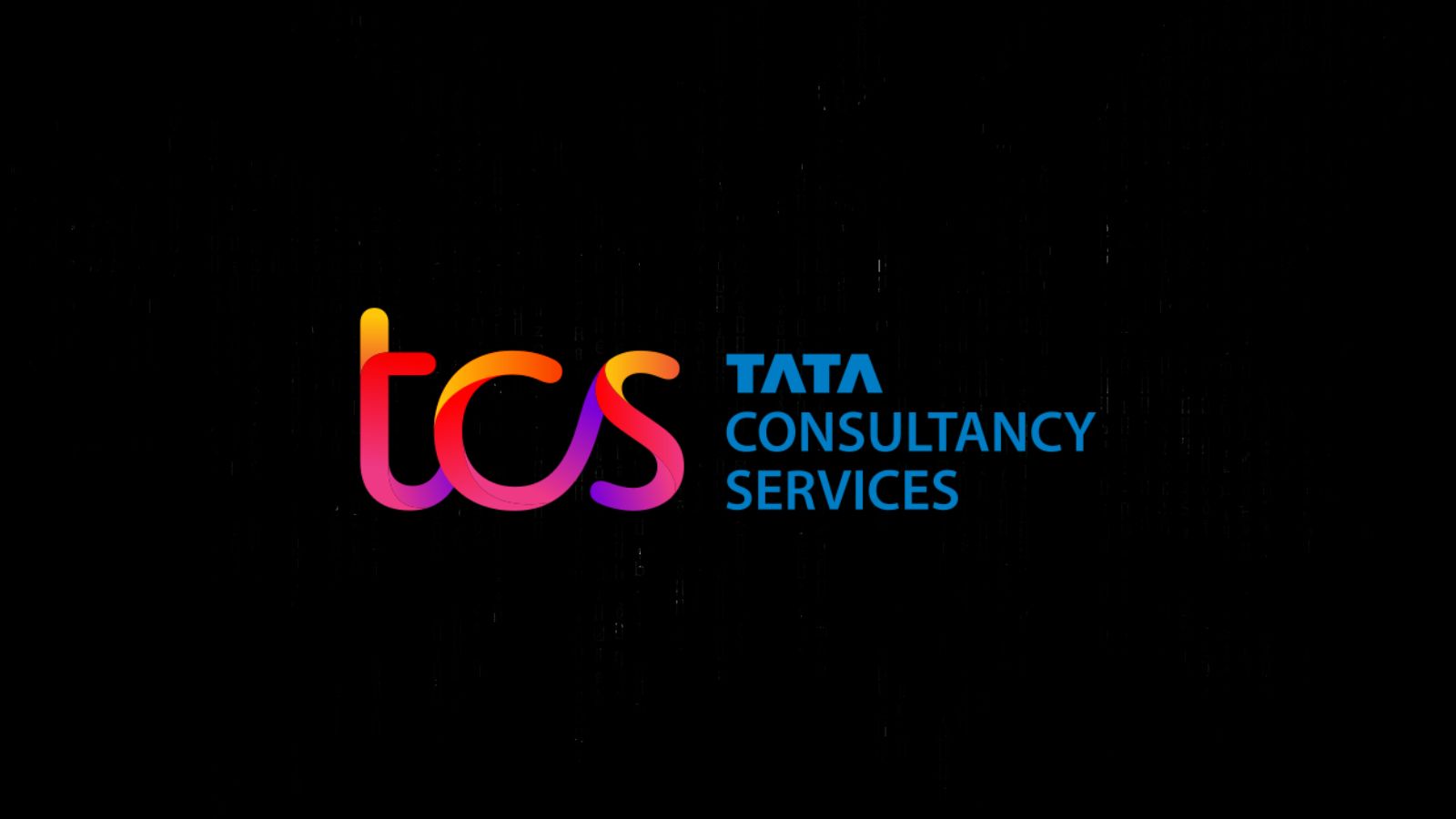
Facial Recognition in India Going Rampant and People Aren’t Happy About it
- Facial recognition systems are being increasingly deployed in India, and activists are protesting against them.
- The problem is that the authorities are using the systems without any laws regulating them.
- In the EU, the Commission's vice president warns that facial recognition breaches the GDPR.
New Delhi was occupied by protesters this weekend, and the police in the Indian capital took the chance to test out their facial recognition technology again, the Innefu Labs-made "AI Vision." Since there are no concrete regulations in place to protect people's privacy rights, activists in the country are complaining about a new age of total crackdown and personal data invasion. Moreover, critics also accuse the authorities of maintaining a secrecy stance, as people don't even know when these systems are being deployed, what the police do with the collected data, and whether or not anti-abuse measures are in place.
The Delhi Crime Records Office disregarded people's worries by stating that they're only targeting people that they have valid grounds to believe they constitute a risk. Moreover, authorities deny having any protesters' data stored, or any plans to collect and keep this type of data for any amount of time. However, the authorities detained hundreds of persons during the recent protests. The police denied the request for providing any details on the grounds of these arrests. This gave the public opinion reason to believe the arrests could be the direct result of something caught by AI Vision and its correlation with a central "criminals database."
Right now, the authorities use Innefu's facial recognition systems in ten Indian states, and they intend to expand it even more. The worst part and the reason why activists express their objection to this practice is that the roll-out of the systems is not accompanied by the required legislative framework that should govern their operation and protect the people's fundamental rights. From their point of view, the spoken assurances given by police have no value whatsoever.
At the same time, in the EU, Margrethe Vestager - the European Commission's executive vice president for digital affairs, is warning about the dangers of using facial recognition systems across the continent. As she told the press, these systems are directly breaching the GDPR (General Data Protection Regulation), which has been an active EU law since 2018. Therefore, facial recognition systems can't be legally used right now. Those who do want to make use of such systems will have to secure exemptions based on reasons of "public security," otherwise they are straight-out breaking the law. Of course, if the monitored persons give their consent to being subjected to facial recognition programs, there would be no implication. This would mean deploying these systems in private locations and workspaces could be more accessible.










